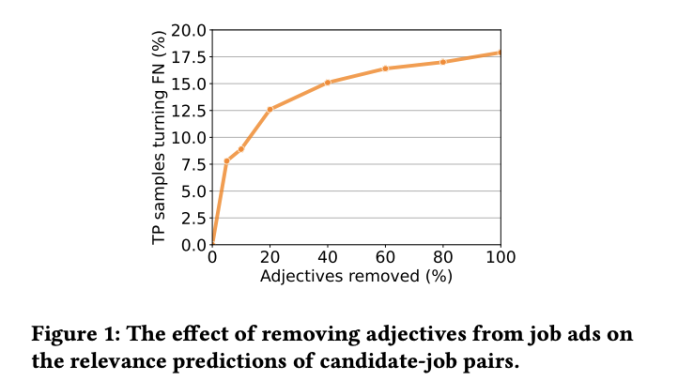
Cognitive biases, once seen as flaws in human decision-making, are now recognized for their potential positive impact on learning and decision-making. However, in machine learning, especially in search and ranking systems, the study of cognitive biases still needs to be improved. Most of the focus in information retrieval is on detecting biases and evaluating their effect on search behavior despite several researches focused on exploring how these biases can influence model training and ethical machine behavior. This poses a challenge in utilizing these cognitive biases to enhance retrieval algorithms, a largely unexplored area but provides both opportunities and challenges for researchers.
Existing approaches like Recommender Systems research have explored some psychologically rooted human biases, like the primacy and recency effects in peer recommendations and risk aversion and decision biases in product recommendations. However, a detailed study of cognitive biases in recommendation is still unexplored. The field does not have any systematic investigation of how these biases appear at different stages of the recommendation process. This gap is surprising considering that recommender systems research has often been influenced by psychological theories, models, and empirical evidence on human decision-making. It represents a significant missed opportunity to use cognitive biases to enhance recommendation algorithms and user experiences.
Researchers from Johannes Kepler University Linz and Linz Institute of Technology Linz, Austria have proposed a comprehensive approach to examine cognitive biases within the recommendation ecosystem. This innovative research investigates the potential evidence of these biases at different stages of the recommendation process and from the viewpoint of distinct stakeholders. The researchers took initial steps toward understanding the complex interplay between cognitive biases and recommendation systems. The user and item models were enhanced by evaluating and utilizing the positive effects of these biases, leading to better-performing recommendation algorithms and greater user satisfaction.
The investigation of cognitive biases in recommender systems is conducted. The Feature-Positive Effect (FPE) is analyzed in job recommendation systems using a dataset of 272 job ads and 336 applicants across 6 categories. A trained recommender system model is utilized, to predict matches between candidates and job ads, resulting in 13,607 true positive and 1,625 false negative predictions. This analysis aimed to understand how the FPE impacts job recommendations. Moreover, the Ikea Effect is analyzed through a Prolific platform, that includes 100 U.S. participants who use music streaming services. Participants answered 4 statements on a Likert-5 scale, evaluating their habits in creating, editing, and consuming music collections.
The results obtained for FPE show that removing adjectives from job descriptions increased false negative predictions, highlighting the crucial role of descriptive language in job recommendation accuracy. The relevancy scores are enhanced for 52.0% of false negative samples, with 12.9% becoming true positives by utilizing unique adjectives from high-recall job ads. As for the Ikea Effect, 48 out of 88 participants reported consuming their playlists more frequently than others, with an average difference of 0.65 (SD = 1.52) in consumption frequency. This preference for self-created content suggests the presence of the Ikea Effect in music recommendation systems.
In summary, researchers have introduced a detailed approach to examine cognitive biases within the recommendation ecosystem. This paper demonstrates the presence and impact of cognitive biases such as the Feature-Positive Effect (FPE), Ikea effect, and cultural homophily in recommender systems. These investigations provide the foundation for further exploration in this promising field. The study highlights the importance of equipping recommender system researchers and practitioners to gain a deep understanding of cognitive biases and their potential effects throughout the recommendation process.
Check out the Paper. All credit for this research goes to the researchers of this project. Also, don’t forget to follow us on Twitter and join our Telegram Channel and LinkedIn Group. If you like our work, you will love our newsletter..
Don’t Forget to join our 50k+ ML SubReddit
Here is a highly recommended webinar from our sponsor: ‘Building Performant AI Applications with NVIDIA NIMs and Haystack’

Sajjad Ansari is a final year undergraduate from IIT Kharagpur. As a Tech enthusiast, he delves into the practical applications of AI with a focus on understanding the impact of AI technologies and their real-world implications. He aims to articulate complex AI concepts in a clear and accessible manner.





Be the first to comment